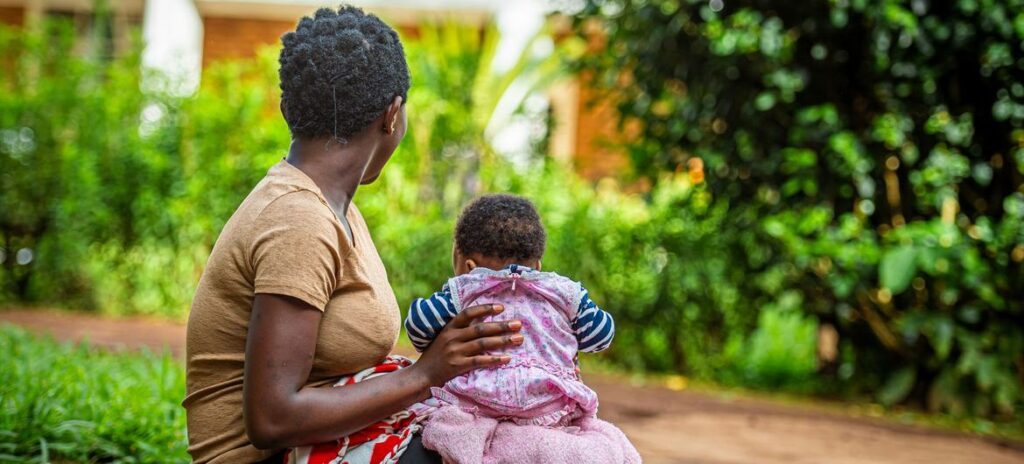As sexual violence has increased this year in eastern Democratic Republic of the Congo (DRC), the withdrawal of U.S. funding has left thousands of people without medical care and access to life-saving medicines, a United Nations agency warned on Thursday.
According to the UN agency for sexual and reproductive health (UNFPA), the recent disengagement by the United States — including a 37% cut in protection funding and more than 50% in sexual and reproductive health funding — has pushed the health system to the brink of collapse.
The report, covering the month of May 2025, notes that more than half of the gender-based violence (GBV) service delivery points that were operational last year are no longer functioning. In frontline areas, 90% to 100% of support structures for survivors have either closed or suspended their operations.
Limited Stock of Post-Rape Kits in Eastern DRC
After taking office in January, President Donald Trump ordered a 90-day freeze on foreign aid and suspended grants from the U.S. Agency for International Development (USAID).
“As conflict-related sexual violence rises in eastern DRC, USAID has reduced funding for GBV programs, contributing to the depletion of post-rape kits used to treat survivors,” UNFPA’s DRC office posted on X.
In early July, a Reuters investigation revealed that the Trump administration had canceled a major contract to supply emergency kits for rape survivors in Congo. These emergency kits include medications to prevent HIV and other sexually transmitted infections, as well as unwanted pregnancies.
“The mapping of post-rape kits conducted by the Sexual and Reproductive Health Working Group shows that stocks are limited in eastern DRC and that many health facilities are completely out of stock,” UNFPA added.
Unprecedented Levels of Sexual Violence
These funding cuts come as persistent violence in the eastern part of this Great Lakes country continues to have a devastating impact on women and girls.
The number of reported sexual violence cases has reached “unprecedented levels,” with hundreds of cases reported weekly in the eastern DRC, particularly in South Kivu, North Kivu, Ituri, and Tanganyika.
“Actual figures are likely much higher due to underreporting caused by fear, stigma, and limited access to services,” UNFPA cautioned.
Many health centers in Goma, Walikale, Rutshuru, Lubero, Masisi (North Kivu), and Kalehe (South Kivu) are no longer receiving medicines or supplies to treat rape victims.
Fewer than One in Four Survivors Have Their Needs Met
Only 7 of the 34 health zones in North Kivu currently have the minimum stock of post-rape kits, and the majority of reported cases of sexual violence survivors seeking medical assistance have not been treated.
“Fewer than one in four survivors have their needs met. At present, only 13% of referred survivors have received post-exposure prophylaxis within the critical 72-hour window, putting them at risk of contracting HIV.”
Without these vital medical supplies, women and girls face the risk of injuries (including genital trauma), unintended pregnancies, pregnancy-related complications such as unsafe abortions, sexually transmitted infections including HIV, and urinary tract infections.
Underfunded Appeal
Of the $42 million funding appeal, UNFPA has received only $11.6 million. Without urgent funding to offset the loss of U.S. support, humanitarian agencies in the DRC fear dire consequences for women: survivor deaths, HIV transmission, unwanted pregnancies, and unsafe abortions with a high risk of maternal mortality.







OTHER ARTICLES
Editorial — Prevent, inform, and act for women’s health in Africa
Kenya : Government Prioritises Maternal Health and Strengthens Support for Community Health Promoters
Strengthening pandemic prevention, preparedness, and response capacities in Senegal using the “One Health” approach